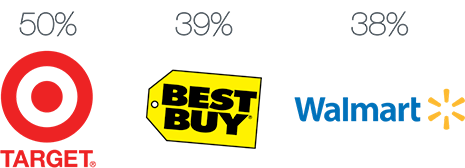Credit cards can be useful in a lot of ways because they enable people to buy items without them having to pay for them instantly. However, before you run out and open up a credit card, there is some information essential for keeping you from racking up credit card debt. Read on to find some valuable information about bank cards.
Never get rid of an account for a credit card prior to going over what it entails. It is possible to negatively impact your credit report by closing cards. For the oldest cards that make up a big chunk of your credit score, it is worth trying to keep them open.
Credit Cards
Set yourself a spending limit on your credit cards. You need a budget for the money you make; therefore, your credit should be included in it. It is unwise to consider credit as being some additional, unrelated source of funds. Determine how much you can spend monthly on credit cards. Don’t go over that amount, and pay the balance off every month.
Make a realistic budget plan. You do not need to spend the entire limit on your card, even though it’s available. Avoid interest payments by knowing what you can afford and paying off your card every month.
Credit Card
Read the credit card agreement thoroughly before you sign your agreement with the company. The first use of your card is perceived as an acceptance of its terms by most credit card issuers. Even though the agreement’s print is tiny, read it as carefully as you can.
Keep a close eye on any changes to your terms and conditions. It is common for companies to change credit terms very often. Oftentimes, the things that will affect you the most are written in legal language that can be difficult to translate. Do not skip anything when reading, and pay particular attention to fees or rate adjustments.
Don’t start using bank cards to purchase things you aren’t able to afford. If you want a big ticket item you should not necessarily put that purchase on your credit card. High monthly payments, along with months or years of finance charges, can cost you dearly. Walk out of the store, think about it for a few days, and then arrive at a final decision. Talk to the store if you still want to buy a big-ticket item after thinking it over. You may be able to get financing in the store, and many times this is a better deal than using your credit card.
Do not document your password or pin number. The safest place for this information is in your memory, where nobody else can access it. If you write it down on a bill or keep it in your financial files, a thief could easily steal this information.
Credit is a useful tool when it is wielded properly. Those ideas that have been provided in this reading should be able to help you to use your card in a safe and efficient manner while remaining debt free and with a great credit score.
